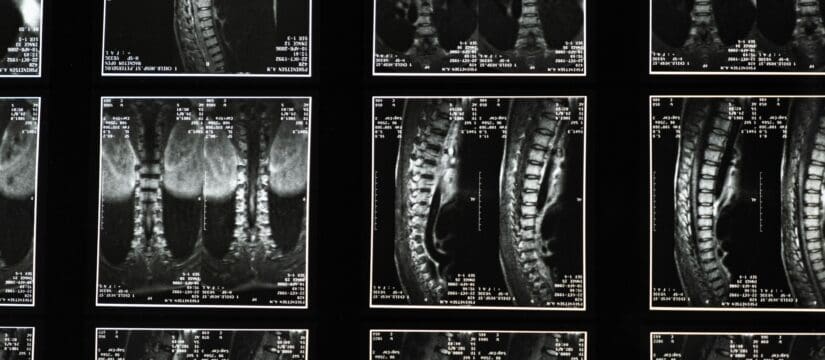
Top Rules to Follow Before a Radiology Test
Radiology is the practice that uses imaging to diagnose and treat patients. There are many types of radiology exams, and patients need to prepare for each exam differently. Some of the most common exams inside radiology were discussed here, but it is important to also consult with your radiologist about what you need to do before the exam.
If you or a loved one needs to undergo one of these procedures, there are a few precautions that you need to follow. These are the important rules to follow before a radiology test.
CT Scans
Patients undergoing a CT scan need little preparation. They simply need to drink 64 ounces of water about twelve hours before the exam. If the test is via IV, then they should not intake anything hours before the test. You also need to make sure that you remove all jewellery and metallic objects. They need to inform the technician about any implants in any part of their body.
Radiology is a highly used diagnostic practice across the world. The demand for the test is so high that the number of professionals increased form by over 35% in the past decade. There are many types of imaging inside radiology such as CAT scan, CT scan, barium enema, MRA, MRI, Mammography, PET scan, ultrasound, and plain old X-rays.
MRI’s
Patients need to remove all jewellery, metallic objects, and drug patches before going for an MRI test. They should also use noise protection gear such as earplugs or headphones. For patients with Intracranial aneurysm clips after 1st January 2000, scanning is possible at 1.5T. Pacemakers that are MRI conditioned are allowed subject to documentation. For patients who suffer from claustrophobia, anti-anxiety medication can be prescribed about an hour before the exam.
PET Scan
A patient needs to reach about 30-minutes before the exam. It would help if they did not eat or drink anything at least six hours before the exam. Water is an exception. Chewing gum and mints are also prohibited. One should also not exercise for at least one day prior to the exam. Smoking and tobacco are restricted 6 hours prior to the exam. All jewellery and metal objects should be removed.
Interventional Radiology
The patient’s medical history is reviewed a few days before the exam. Patients need to be under observation overnight before the procedure. They will receive a sedative or anesthesia before the procedure and will need assistance getting home. Patients can wait inside radiology until the effects of the sedative subside and still need to be driven home. Patients need to avoid food and drink six-hour before the exam. Water is allowed until two hours prior. Regular medication is allowed with small sips of water.
Ultrasound
For abdominal, renal, or gallbladder ultrasound, you need to make sure that you have fasted for six hours before the exam. Transvaginal pelvic or OB prenatal exam patients, on the other hand, are advised to drink plenty of water before the exam.
X-Rays
X-Rays are the earliest forms of radiology and usually do not require any prep. Only patients undergoing barium enemas need to fast eight hours before the exam, and feeding tube checks do not require fasting.


